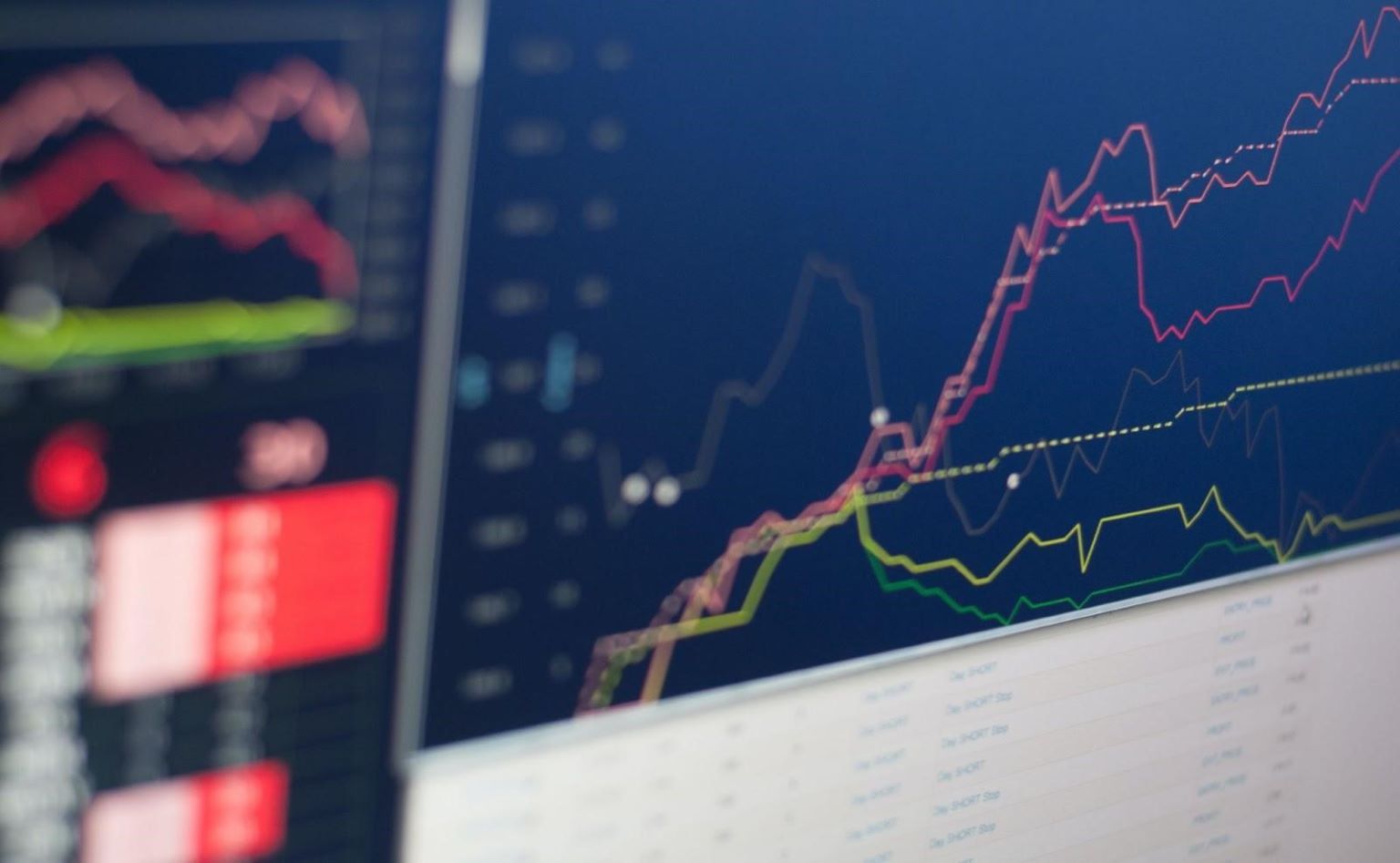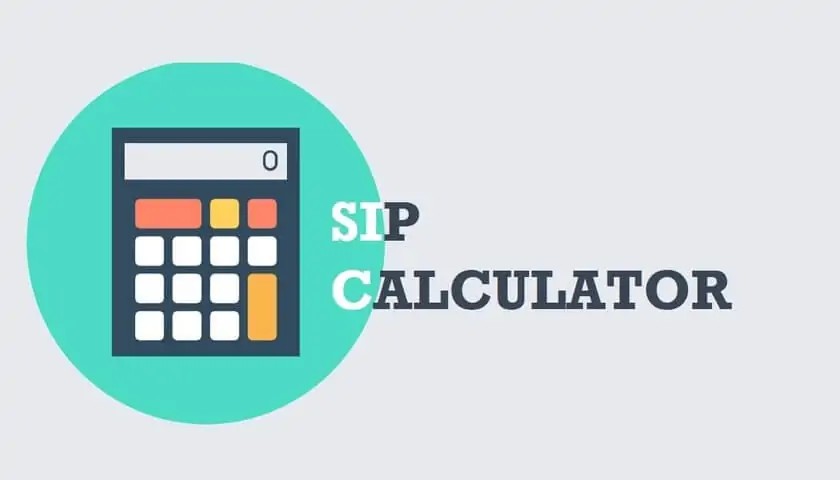The process of buying and selling forex accounts allows for gaining from currency value fluctuations. Not knowing what these things are, one should consider the following parts that should help a trader understand their meaning and ways of managing them.
The broker’s reputation
The first major step you take when creating a forex account is selecting a well-capitalized, reputable and regulated forex broker. It is always good to choose brokers with good track records who have clients’ funds kept in separate accounts; provide negative balance protection; and strictly adhere to regulatory requirements.
Regulatory compliance
Look out for brokers who are regulated by major financial authorities only. Regulated companies must have minimum capital levels set by law and be subject to regular audits. Registration is therefore available to ensure traders are protected in case anything happens.
Account types
Forex brokers provide various types of forex accounts depending on different leverage amounts, minimum deposits service levels, commissions spread . For instance, low minimum deposits are found in beginners’ accounts whereas high leverages allowed by those tailored for expert traders. With your current capital position you can select an account that suits your trading style appetite for risk level of knowledge accordingly.
Account funding and withdrawals
You need to understand which funding options exist so as to deposit or withdraw money from the account. In most cases credit cards together with e-payment platforms are acceptable by many brokers. Find out how long it takes to process deposits this can happen within a day or two in some cases but longer if clearing is required through such channels.
Trading costs and pricing
To know all the costs involved in foreign exchange dealing you must be aware of spreads commissions swaps/rollovers conversion fees. These can include fixed spreads, variable spreads, commission based pricing etc., hence you need to know what kind of pricing model your broker uses. Long term profitability is hampered by such fees, so all costs must be covered when designing your trading strategies.
Market access and execution quality
When you are actively trading, there is a need to have reliable connectivity to forex trading servers in order for you to open positions and close at your preferred prices. Evaluate broker execution statistics to measure speed and slippage metrics across order types.
Research and education
The quality of trading research tools, daily/weekly market commentary, forex educational resources, web seminars, and personal training are other key account considerations, especially for newer traders still developing their trading plans. Judge the utility or applicability of all content for your learning needs or style.
Customer service and support
Sometimes experienced traders may want to consult with professional support staff on technical issues, billing matters or even trade related queries. It can help you gauge how fast and efficient your would-be broker responds by looking at customer feedback as well as their customer service options.
Summary
To assist you in selecting the right forex broker and account trade that suits your prevailing experience level, proficiency gaps, capital resources, risk appetite and long-term trading goals. However, setting up a forex account is just a starting point while consistent profitable trading systems need a lot of practice, skills improvement and risk control.




